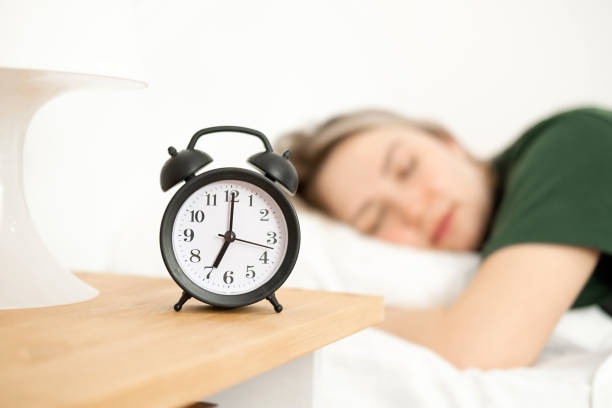Sleep has always been one of the most essential pillars of health, yet millions of people struggle to get enough rest in today’s fast-paced, screen-filled world. Recent studies on circadian rhythm—our body’s internal clock—combined with advances in sleep technology are offering new ways to improve sleep quality in 2025 and beyond.
Understanding Circadian Rhythm
Circadian rhythm is a natural cycle that regulates sleep, wakefulness, and energy levels throughout the day. It is influenced by light exposure, activity patterns, and even food intake. When this rhythm is disrupted by late-night screen time, irregular schedules, or excessive stress, sleep quality suffers, leading to fatigue, poor concentration, and long-term health risks.
New Research Insights in 2025
Scientists are uncovering more about how circadian rhythm can be aligned for better sleep:
- Morning sunlight exposure helps reset the body’s clock for more restful nights.
- Consistent sleep schedules support hormone regulation and deeper sleep cycles.
- Meal timing is now being studied as a factor that influences circadian alignment.
- Screen light filtering has been proven effective in reducing blue light disruption before bedtime.
How Technology Is Improving Sleep Quality
Tech innovation is also stepping in to address sleep challenges. The latest tools include:
- Wearable devices that track sleep stages, heart rate, and breathing patterns.
- Smart mattresses and pillows that adjust temperature and firmness to optimize comfort.
- AI-powered apps that analyze sleep data and suggest personalized bedtime routines.
- Light therapy lamps designed to mimic natural sunlight and restore circadian balance.
The Future of Sleep Health
The merging of circadian science and advanced sleep technology is reshaping how we approach rest. Instead of simply counting hours in bed, individuals can now use data-driven insights and bio-feedback tools to create conditions for deep, restorative sleep. This not only improves daily performance but also protects long-term health.

